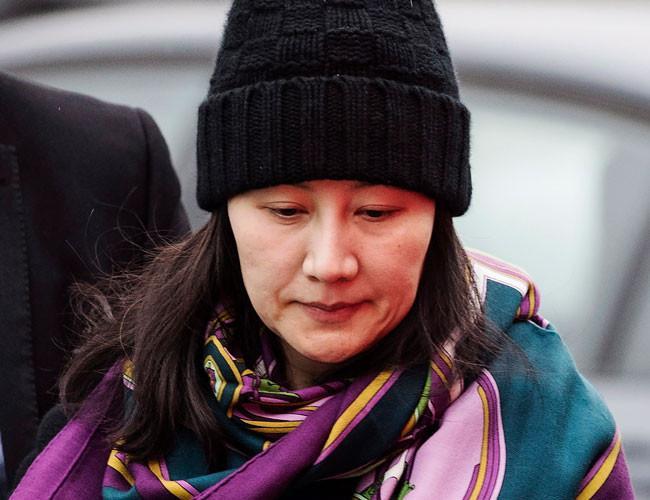
Meng Wanzhou
The United States has announced criminal charges against China’s Huawei Technologies Co Ltd, escalating a fight with the world’s biggest telecommunications equipment maker which denies wrongdoing, and coming days before trade talks with Beijing.
The Justice Department on Jan. 28 charged Huawei and its chief financial officer with conspiring to violate U.S. sanctions on Iran by doing business through a subsidiary it tried to hide. In a separate case, the Justice Department said Huawei stole robotic technology from T-Mobile US Inc. Huawei has said the companies settled their dispute in 2017.
CFO Meng Wanzhou, the daughter of Huawei’s founder, was arrested in Vancouver on Dec. 1, in a move which was followed by China arresting two Canadians on national security grounds. She has denied wrongdoing and is scheduled to appear in court on Tuesday to discuss changes to her bail terms.
Late on Jan. 28, public broadcaster CBC said the U.S. has formally requested her extradition, citing Canada’s Justice Department.
Huawei said it was “disappointed” to learn of the charges. It said it had sought to discuss them with U.S. authorities “but the request was rejected without explanation”.
“The Company denies that it or its subsidiary or affiliate have committed any of the asserted violations..., is not aware of any wrongdoing by Ms. Meng, and believes the U.S. courts will ultimately reach the same conclusion.”
China’s foreign ministry expressed “grave concern” and urged the United States drop the arrest warrant and end “unreasonable suppression” of Chinese companies.
The development is likely to upset talks between Beijing and Washington this week as part of negotiations intended to walk back trade tensions between the globe’s two largest economies.
U.S. President Donald Trump said in December he could intervene in Meng’s case if it would serve national security interests or help close a trade deal with China.
U.S. Commerce Secretary Wilbur Ross said the charges are “wholly separate” from the trade negotiations.
Canada’s Justice Minister will have 30 days from receipt of the extradition request to decide whether to grant authority to proceed.
Meanwhile, Australia’s TPG Telecom said on Jan. 29 that it has abandoned building its mobile telephone network because it relied on Huawei Technologies equipment that has been banned by Australia’s government on security grounds.
The nascent network is the first commercial casualty in Australia of the ban announced in August and comes as Western nations restrict market access to Huawei over allegations that China could use its equipment for espionage.